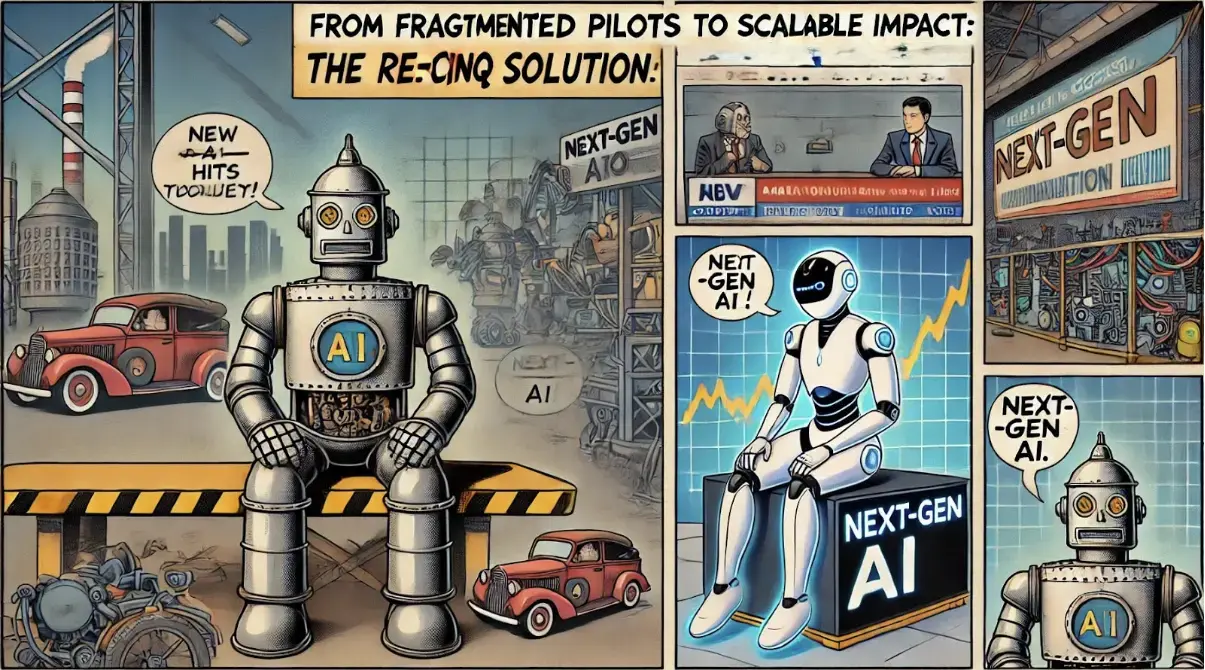Sustainability Reporting: Effective Change or Mere Formality?

Climate change momentum is accelerating. Governments, like the EU with its Green Deal and Fit for 55 program , are setting ambitious emissions reduction targets – net-zero by 2050. To track progress, businesses are now facing mandated sustainability reporting, starting with larger enterprises. Corporate Sustainability Reporting Directive (CSRD) introduced by the EU requires larger enterprises to submit first reports for year 2024 in the early 2025.
This shift moves sustainability from the marketing department to finance teams. While marketers focus on reputation and storytelling (sometimes leading to greenwashing that the EU is aiming to eliminate ), finance departments must deal with hard numbers and regulatory scrutiny. This is undeniably good for the climate.
Reporting Is Great, But Actual Reductions Matter More
Reporting is the crucial first step. It establishes a baseline for each company, and from there, governments will incentivise and enforce the changes needed to meet climate goals. But with the way most companies currently approach greenhouse gas (GHG) emissions reporting, there’s a major snag in the plan.
Understanding emissions across Scopes 1 (direct), 2 (purchased energy), and 3 (supply chain) is complex. Scopes 1 and 2 are relatively manageable. Scope 3 is where things get really messy. Companies often do time-consuming, expensive, manual estimations to map their complex supply chains.
This quarterly snapshot might satisfy compliance, but will it drive reduction? Not effectively.
From Static Reports to Real-Time Climate Strategy
We need automated data collection systems that provide a consistently updated, reliable picture of a company’s emissions. Only then can product and operations teams make impactful changes – redesigning products, optimising processes, choosing greener suppliers. Without live data, they’re flying blind.
Companies face a choice: invest minimally to play catch-up with reporting, or embrace the reality of climate change by investing in tools that will:
- Produce transparent, accurate reporting
- Help hit critical climate targets
- Avoid fines and carbon taxes
- Streamline business processes and cut costs
##S ummary
Companies face a critical decision as reporting mandates kick in. Minimal compliance won’t save the planet or create business value. Investing in a robust emissions data strategy sets a business up for genuine climate leadership, and ultimately, long-term resilience.









